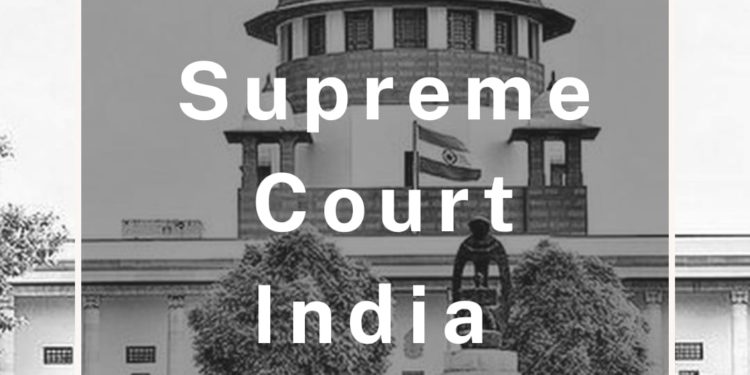The Supreme Court on Friday has overruled a High Court judgement stating that no one can be forced by courts to undergo a DNA test, noting that it not only impinges on an individual’s privacy but can also lead to major societal repercussions for the person.
The order came on a petition filed by a man who was directed by the Punjab & Haryana high court to undergo a DNA test to prove his claim for a share in the property of his biological parents.
Case:
The family consists of parents, three daughters – and Ashok Kumar, son, who is the petitioner in this case. The three sisters denied that the man was their biological brother, and also said that he was not the son of their parents. The women initially demanded a DNA test of the man in a court in Kalka, and later moved the high court after the trial judge declined to grant their request.
Punjab & Haryana High Court
A DNA test was allowed by the high court in March 2019. In its order, the Punjab & Haryana high court held that a DNA test is a “double-edged sword”, and since Kumar was so sure about his parentage, there was no reason for him to shy away or shirk from taking it.
Kumar, however, refused to undergo the test, and said he was willing to defend his suit on documentary evidence. Subsequently, he approached the top court.
Supreme Court
Supreme Court advocate Anirudh Sharma argued,
The DNA test is directed in civil cases only in exceptional circumstances as a matter of last resort. Its evidentiary value is considered along with the entire circumstances of the case. A person can choose not to undergo the DNA test.
In such cases, the courts can draw an adverse inference against the party for refusing the test. But by this judgment, the court has examined the DNA test in the light of right to privacy. It will now be difficult for courts below to insist upon DNA test.
While deciding the appeal, a bench of justices R Subhash Reddy and Hrishikesh Roy said,
In circumstances where other evidence is available to prove or dispute the relationship, the court should ordinarily refrain from ordering blood tests. This is because such tests impinge upon the right of privacy of an individual and could also have major societal repercussions.
Setting aside the high court order, it added,
When the plaintiff is unwilling to subject himself to the DNA test, forcing him to undergo one would impinge on his personal liberty and his right to privacy. Seen from this perspective, the impugned judgment merits interference and is set aside.
ALSO READ –
READ ORDER | After 17-Months Jail, Mumbai Court Grants Bail To Man In Rape Case Due To DNA Mismatch
Supreme Court Grants Bail To 84-Year-Old Man In Rape Case After DNA Report Confirms He Is Not Father Of Victim’s Child
Supreme Court Denies Bail To 84-Year-Old Man In POCSO Case; Orders Paternity Test
2-Years In Jail, 5 Attempts At DNA Test | Court Grants Bail Since Accused Is Not Father Of Victim’s Child
Man Arrested On Charges Of Rape & Impregnating Minor; After 1.5 Yrs His DNA Doesn’t Match With Baby
ALSO WATCH –
Is Raymond Promoting Parental Alienation By Celebrating Single Mothers On Father’s Day?
Join our Facebook Group or follow us on social media by clicking on the icons below
Join our Facebook Group or follow us on social media by clicking on the icons below
If you find value in our work, you may choose to donate to Voice For Men Foundation via Milaap OR via UPI: voiceformenindia@hdfcbank (80G tax exemption applicable)































